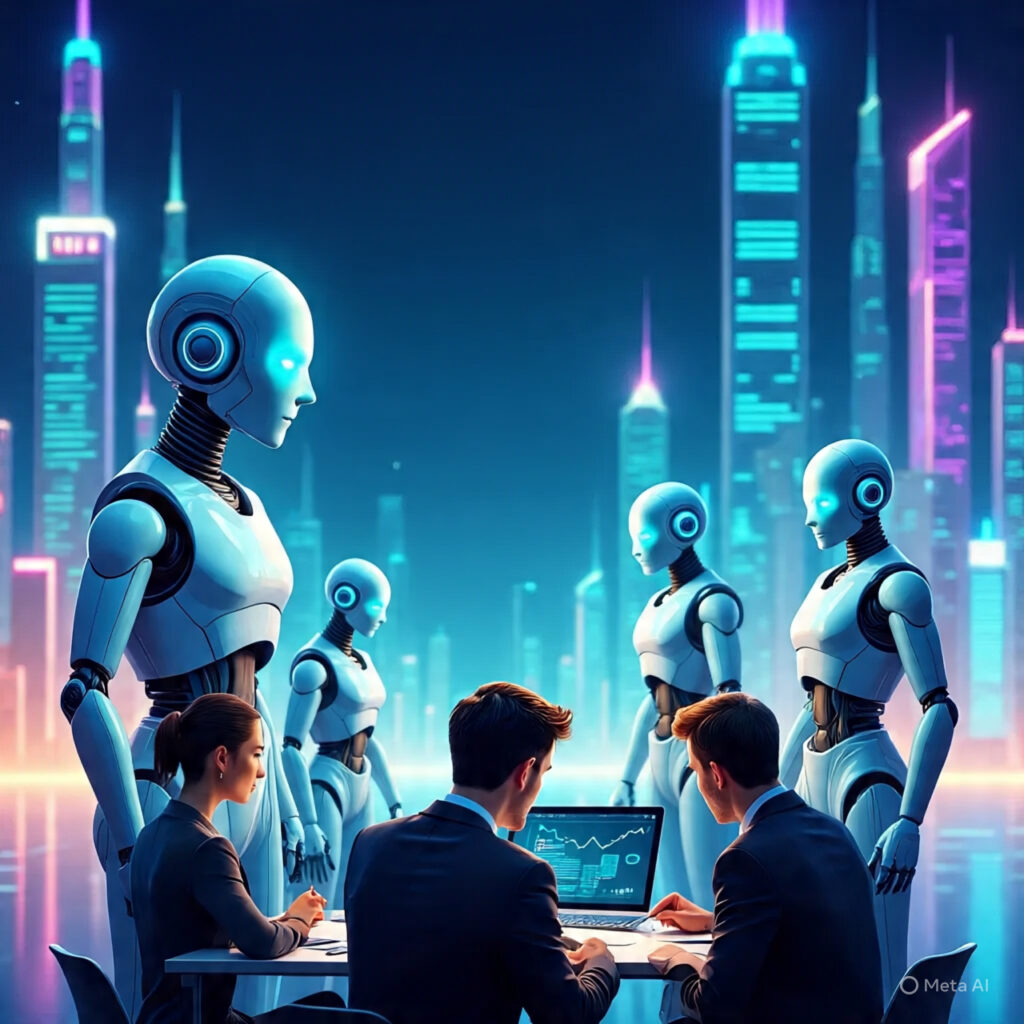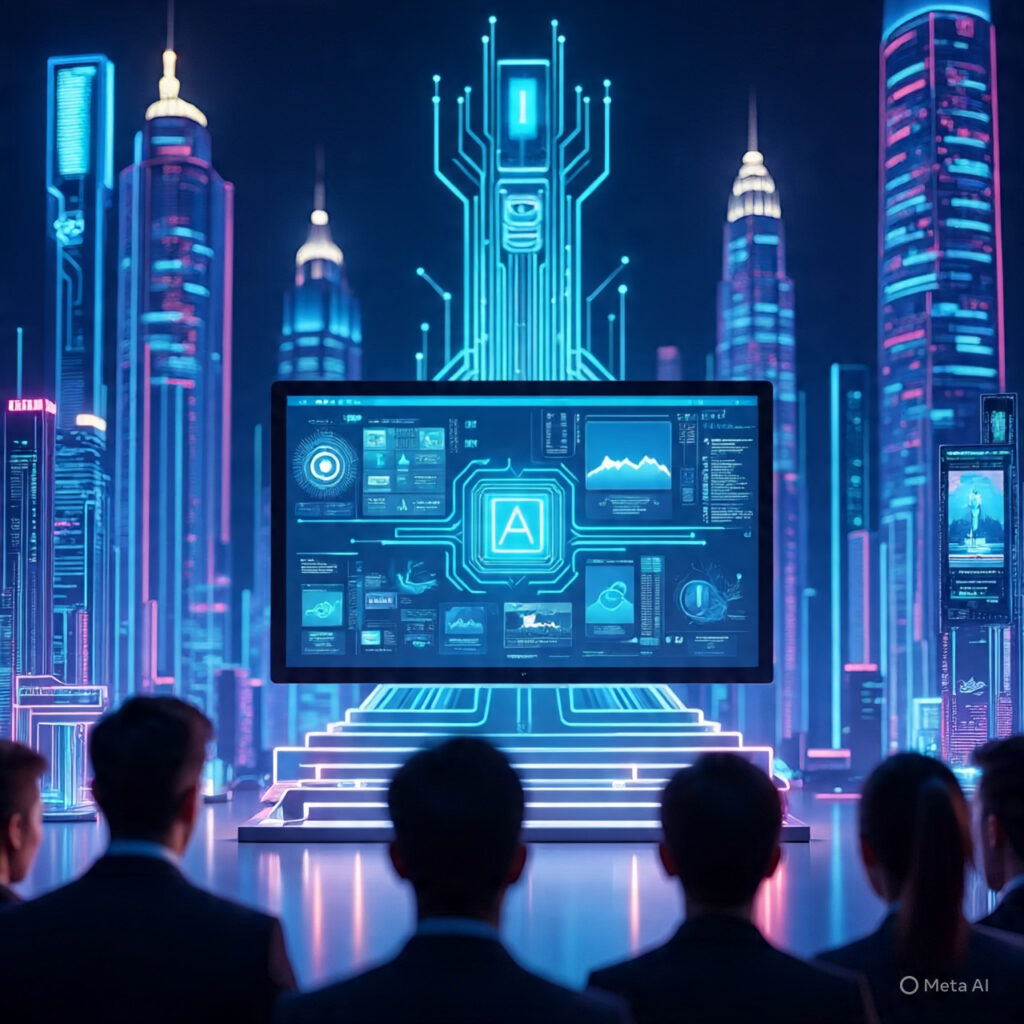From Reels to Retail: How India’s Influencers Are Becoming Startup Founders
Over the past few years, India’s influencer economy has exploded. From makeup tutorials and food vlogs to travel reels and fashion hauls, creators have built massive followings and deep audience trust. But today, a major shift is underway: influencers aren’t just promoting products—they’re launching their own brands. Welcome to the era of influencer-led entrepreneurship, where content creators are becoming startup founders and reshaping the Indian D2C landscape. 💡 The Rise of the Creator-CEO India’s influencer ecosystem is thriving: Over 100 million+ Indians follow content creators on Instagram, YouTube, and Moj. Influencer marketing is a ₹2,000 crore industry (and growing). More creators are leveraging their loyal audiences to launch direct-to-consumer (D2C) brands, bypassing traditional retail altogether. What’s fueling this movement?✨ Trust + Audience = Built-in customer base✨ Low barrier to entry via e-commerce✨ Access to capital and digital tools Influencers are no longer just collaborators—they’re founders with influence. 📈 Real-World Examples 1. Ankush Bahuguna – “Wing it with Ankush” From viral makeup content to launching his own gender-neutral beauty line, Ankush has shown how niche content can translate into product demand. 2. Masoom Minawala One of India’s top fashion influencers, Masoom has launched designer collections and actively collaborates with global brands to promote Indian couture and her personal brand ventures. 3. Kusha Kapila & Komal Pandey These creators have leveraged their platforms for beauty, lifestyle, and fashion endorsements—while building infrastructure for future brand ownership and e-commerce plays. 🛍 Why This Shift Makes Business Sense ✅ Built-In Community Influencers don’t need to spend crores on customer acquisition. They already have engaged followers who trust their recommendations. ✅ Speed to Market From idea to product launch, creators can move quickly by leveraging Shopify, Amazon India, or social commerce platforms like Meesho. ✅ Personal Branding Each brand feels authentic because it’s a reflection of the influencer’s personality, values, and lifestyle. This deep emotional connection drives higher loyalty. ✅ Investor Attention VCs and D2C incubators like Mamaearth, Good Glamm Group, and Fireside Ventures are increasingly backing influencer-led ventures. 🧠 Challenges Ahead While the opportunity is massive, influencer-led brands face hurdles: Scaling beyond niche audiences Managing operations, supply chains, and logistics Balancing personal brand with company identity Navigating competition in a crowded D2C space That’s where professional partners—like brand consultants, growth marketers, and performance ad agencies—come in. 🧩 What It Means for Brands and Agencies This trend is a wake-up call for both legacy brands and marketing agencies: For brands: Consider partnering with creator-led labels instead of just influencers for campaigns. For agencies: Expand services to include product launch support, influencer brand strategy, and e-commerce enablement. At Kacher Group, we help creators and brands go from content to commerce—by providing everything from brand identity and website development to digital marketing, SEO, and paid media campaigns. 🔮 The Future: Content + Commerce = Creator Economy 2.0 India’s next big wave of startups may not come from IITs or IIMs—but from Instagram. And these startups won’t just sell products. They’ll sell personality, community, and culture—all powered by content.



